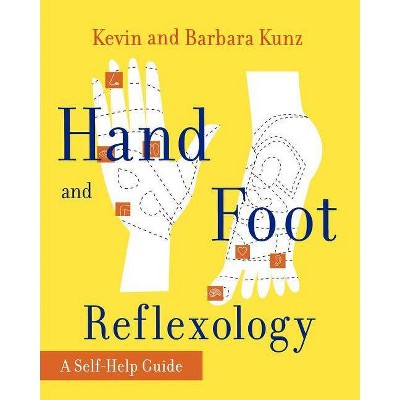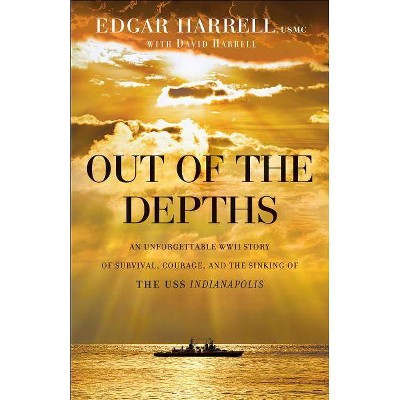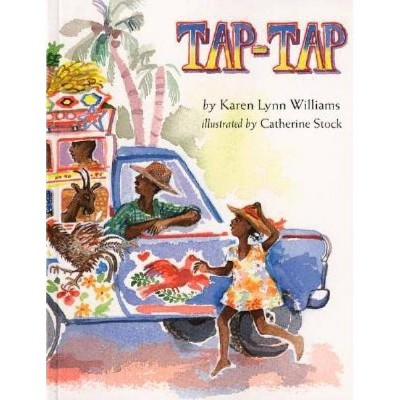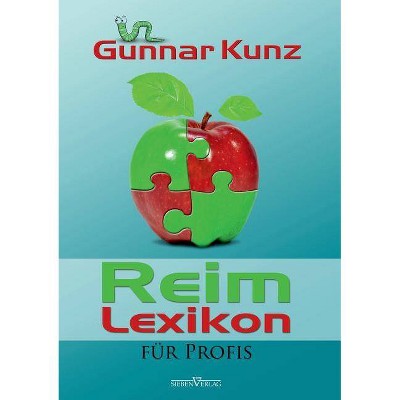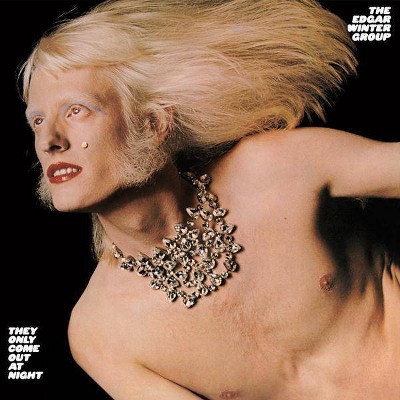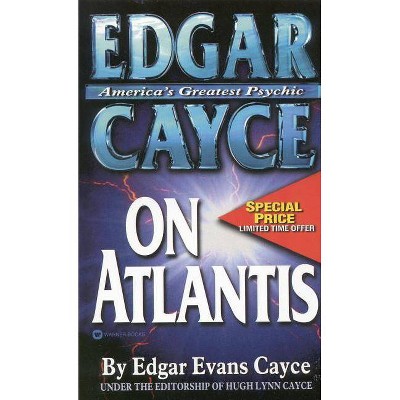Tap Out - by Edgar Kunz (Paperback)
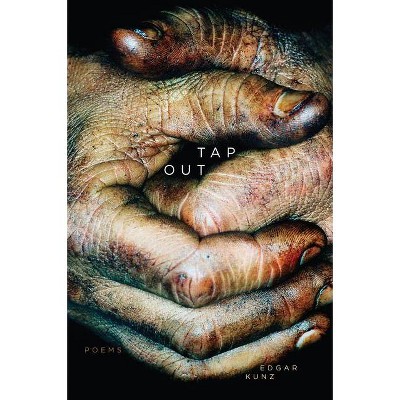
Similar Products
Products of same category from the store
AllProduct info
<p/><br></br><p><b> About the Book </b></p></br></br>A fierce debut collection from NEA and Stegner fellow Edgar Kunz―spare and intimate narrative poems that sprawl between oxys and Bitcoin, crossing the country restlessly as they struggle to reconcile a troubled young adulthood with the working poor New England of his youth<p/><br></br><p><b> Book Synopsis </b></p></br></br>"Charts the gritty, physical terrain of blue-collar masculinity."<b></b>―<b><i>New York Times </i>New & Noteworthy</b> <br> "Kunz arrives with real poetic talent."<b>--<i>The Millions, </i>"Must Read Poetry"</b> <p/> "[A] gritty, insightful debut." --<i><b>Washington Post</b></i> <p/><i>Winner of the 2019 Julia Ward Howe Award for Poetry</i> <p/> Approach these poems as short stories, plainspoken lyric essays, controlled arcs of a bildungsroman, then again as narrative verse. <i>Tap Out</i>, Edgar Kunz's debut collection, reckons with his working-poor heritage. Within are poignant, troubling portraits of blue-collar lives, mental health in contemporary America, and what is conveyed and passed on through touch and words―violent, or simply absent. <p/> Yet Kunz's verses are unsentimental, visceral, sprawling between oxys and Bitcoin, crossing the country restlessly. They grapple with the shame and guilt of choosing to leave the culture Kunz was born and raised in, the identity crises caused by class mobility. They pull the reader close, alternating fierce whispers and proud shouts about what working hands are capable of and the different ways a mind and body can leave a life they can no longer endure. This hungry new voice asks: after you make the choice to leave, what is left behind, what can you make of it, and at what cost?<p/><br></br><p><b> Review Quotes </b></p></br></br><br><i>Winner of the 2019 Nautilus Book Gold Award for Poetry</i> <p/> "[A] gritty, insightful debut." <b>--<i>Washington Post</i></b> <p/> "<b>A whirlwind debut. </b><b>Stories of sclerotic lives told in wrought images, Kunz arrives with real poetic talent</b>...[he] pulls us into his poems and keeps us there through crisp detail...(A hint: trust poets who show back to you the images you've seen in glimpses and tucked in the back of your mind.)...<i>Tap Out</i> lives in a bittersweet world, and does so well, but there's also fine touches here: a mother who has had enough, a son who sees beauty in loss..."--Nick Ripatrazone, <i>The Millions, </i>"Must Read Poetry" <p/> "This powerful collection reads like an elegy and a confession, like a slap to the face followed by a plaintive kiss, like watching bad things happen and knowing that you're complicit. Yet cutting through every one of these essential poems is a gritty, naturalistic beauty that makes me want to read them again and again. <b><i>Tap Out</i> is a gem, and Edgar Kunz is a major talent.</b>" -- Andre Dubus III, author of <i>Gone So Long </i>and <i>Townie</i> <p/>"There's so much to say about Kunz's debut poetry collection...As gritty as the close-up of calloused, grease-covered hands that serve as its cover, echoing the way <b>Kunz offers portraits of his "working-poor heritage" with unapologetic proximity and poignant verse</b>. But the matter of which these hands are positioned unassumingly, as though caught mid-prayer or plea, suggest the earnest, yet carefully unsentimental, tenderness that these poems carry throughout the book. Kunz writes about the mental health of blue-collar lives, through the blueprint of narratives lifted from a distant relationship of a father and a son. While contextualized in contemporary America, the poems hit close to the reality of several Filipinos, especially in this time of the pandemic when we are forced to confront the aching gaps between socio-economic divides." -- <i>CNN Philippines</i> <p/> "These poems have a pervasive physicality that is both rewarding and horrifying...Arresting imagery, unexpected detail, brilliant use of tensions, a flowing rhythm and overall accessibility make this a collection to be read and re-read. <i>Tap Out</i> superbly mines the beauty, brutality, tensions and contradictions of working-class U.S. communities."<b></b><i>-Shelf Awareness</i> <p/> "There is no ground of existence that does not require (or fail to sustain) its poet. This proposition, requiring continual re-proving, has found again its confirmation in Edgar Kunz's first book<i>. </i>In the lineage of Levine, Jordan, and Laux, <i>Tap Out </i>presents the data of blows received and taken in fully. Yet these poems do not return blow for blow; they offer instead an unflinching, continued allegiance to abiding connection. Without summation or comment, they remind us that all alchemies of being are possible.<b> Kunz's precision-tool language of memory and witness enlarges, pivots, pieces together the broken into a world made new, survivable, holdable, forgiven."</b> -- Jane Hirshfield, author of <i>The Beauty </i>and <i>Come, Thief</i> <p/> "Kunz's debut collection is a hard-hitting journey through tightly crafted poems that capture a culture on the edge of an abyss. Kunz's work is haunted by ghosts, some long-gone, others still wandering the corridors of memory...Kunz's solid and rewarding first book reminds us that in the battle to survive and to live, a poetic light can shine through."--<i>Booklist</i> <p/> "<b>Edgar Kunz's startling debut, <i>Tap Out, </i> is one of the best books of poetry I've read in a long time. </b>These poems interrogate what is received and what is bequeathed in our damaged systems of masculinity, and they do so in ways that are unexpectedly vulnerable. At the same time, the poems are onomatopoeia of humility and busted machismo. It's as if the poems themselves are surprised by how much harm has been done, how much energy and emotion have been expended simply surviving inside of our toxic patriarchy. Fathers are complicit. Friends and brothers are complicit. The speaker is complicit, too, and yet the poems do their vital work without soapboxing. They search constantly for better ways of being human. These are essential poems." -- Adrian Matejka, author of <i>The Big Smoke </i>and <i>Map to the Stars</i> <p/> "Kunz crafts a poetics of disappointment and consolation...[the] poems are sparse and accessible, reminiscent of Hemingway in both content and style, and feature an extraordinary new voice that draws its energy from an underrepresented perspective." --<i>Publishers Weekly, </i>starred review <p/> "The sustained lyricism of these poems is all the more powerful for being burned at the edges by memory, by grief, by regret. <b>In terms of craft, this poetry creates a world where human action reaches language the way gravity bends starlight: in a drama of weight and light. This is a hard-pressed place, a territory of failed relationships and regions that never becomes landscape.</b> As its reporter, Edgar Kunz lives up to its challenges and understands its limits. This is a wonderful first book, memorable and unsettling." -- Eavan Boland, author of <i>A Woman Without a Country </i> <p/> "Kunz will eschew observation's safe distance, and will instead zoom in closely...[The] ability...to transmogrify a familiar phrase or word into something unknown stands as one of Kunz's major talents. The poems grow up with their poet...refuse simplistic renderings of complicated dynamics...and opt instead for a vulnerability." --<i>On the Seawall</i> <p/> "<i>Tap Out</i> is an ardent and gorgeous refusal to scorn the aches and wounds that bring us closer to mercy. Rippling with both sorrow and wonder, Edgar Kunz's narratives sift through the intricacies of masculinity, working-class lives, and abandonment.<b> The telling isn't singed with nostalgia that obscures pain: his muscular lines make visible the scars that tether the self to hurt, to hope.</b> The language is deftly scored on the page--the diction itself is revelatory. ShopRite. Larch. Chamber-throat. <b>This book reminds us the heart has its own intelligence.</b>" -- Eduardo C. Corral, author of <i>Slow Lightning</i> <p/> "Edgar Kunz extends the legacy of James Wright and Philip Levine in these gutsy, tough-minded, working-class poems of memory and initiation.<b> <i>Tap Out</i> is a marvelous debut, a well-made and harrowing book.</b>" -- Edward Hirsch, author of <i>Gabriel </i>and <i>A Poet's Glossary</i><br><p/><br></br><p><b> About the Author </b></p></br></br>Edgar Kunz has received fellowships and awards from the NEA, the Academy of American Poets, the MacDowell Colony, and the Bread Loaf Writers' Conference. He was a Wallace Stegner fellow at Stanford, and his poems have appeared in <i>Ploughshares, AGNI, New England Review, Narrative, Gulf Coast, </i>and twice in the <i>Best New Poets</i> series. <br>
Price History
Cheapest price in the interval: 9.39 on November 8, 2021
Most expensive price in the interval: 9.39 on December 20, 2021
Price Archive shows prices from various stores, lets you see history and find the cheapest. There is no actual sale on the website. For all support, inquiry and suggestion messages communication@pricearchive.us

